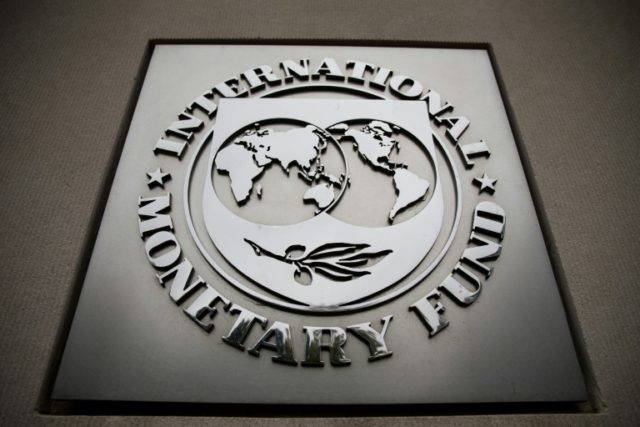Washington (AFP) – Greece’s government debt remains “highly unsustainable,” and will be “explosive” in the longer run, requiring a more credible debt relief plan from Europe, the International Monetary Fund said in a report obtained by AFP.
Addressing the debt burden of the beleaguered nation will require “significant debt relief” from European institutions, including dramatically extending the grace periods and maturities of the loans, the IMF said in it’s annual report on the Greek economy, which includes a debt sustainability analysis.
The IMF board is due to discuss the report February 6.
Even with full implementation of the economic reforms the country has agreed to, “Greece’s debt is highly unsustainable” and “will become explosive in the long run,” as the government will have to replace highly-subsidized official financing with market financing at much higher rates, the IMF said.
The pessimistic report, though in keeping with the fund’s repeated statements on the topic, makes it more unlikely the IMF stays on the sidelines of any new European loan deal for Greece.
Months of bickering have delayed progress of Greece’s 86-billion-euro ($92.4 billion) bailout program agreed in 2015 and officials increasingly are worried that elections this year in the Netherlands, France and Germany could further poison any progress.
The IMF report says that in order to “provide more credibility to the debt strategy for Greece, further specificity will be needed regarding the type and scope of debt relief to be expected” from Europe.
This must include “ambitious extensions of grace and maturity periods, a full deferral of interest on European loans, as well as a locking in of the interest rate on a significant amount of European loans … to put debt on a sustained downward path.”
The IMF calls for extending the grace period until 2040, during which time no debt payments would be required, and extending the maturity of the loans to 30 years in some cases to 2070, dramatically longer than what Europe agreed to in 2012.
At the heart of the dispute over the new loan program is a demand by the eurozone that Greece deliver a primary balance, or surplus on public spending before debt repayments, of 3.5 percent of GDP, far in excess of the 1.5 percent the IMF says is feasible.
The target is very high — and most countries do not even come close — but Germany and other eurozone hardliners are insistent that Greece reach it for several years after its current program concludes in 2018.
Eurogroup head Jeroen Dijsselbloem insisted on Thursday that the IMF remained committed to the Greek bailout program, despite repeated calls by the IMF for more realistic targets and more debt relief.

COMMENTS
Please let us know if you're having issues with commenting.